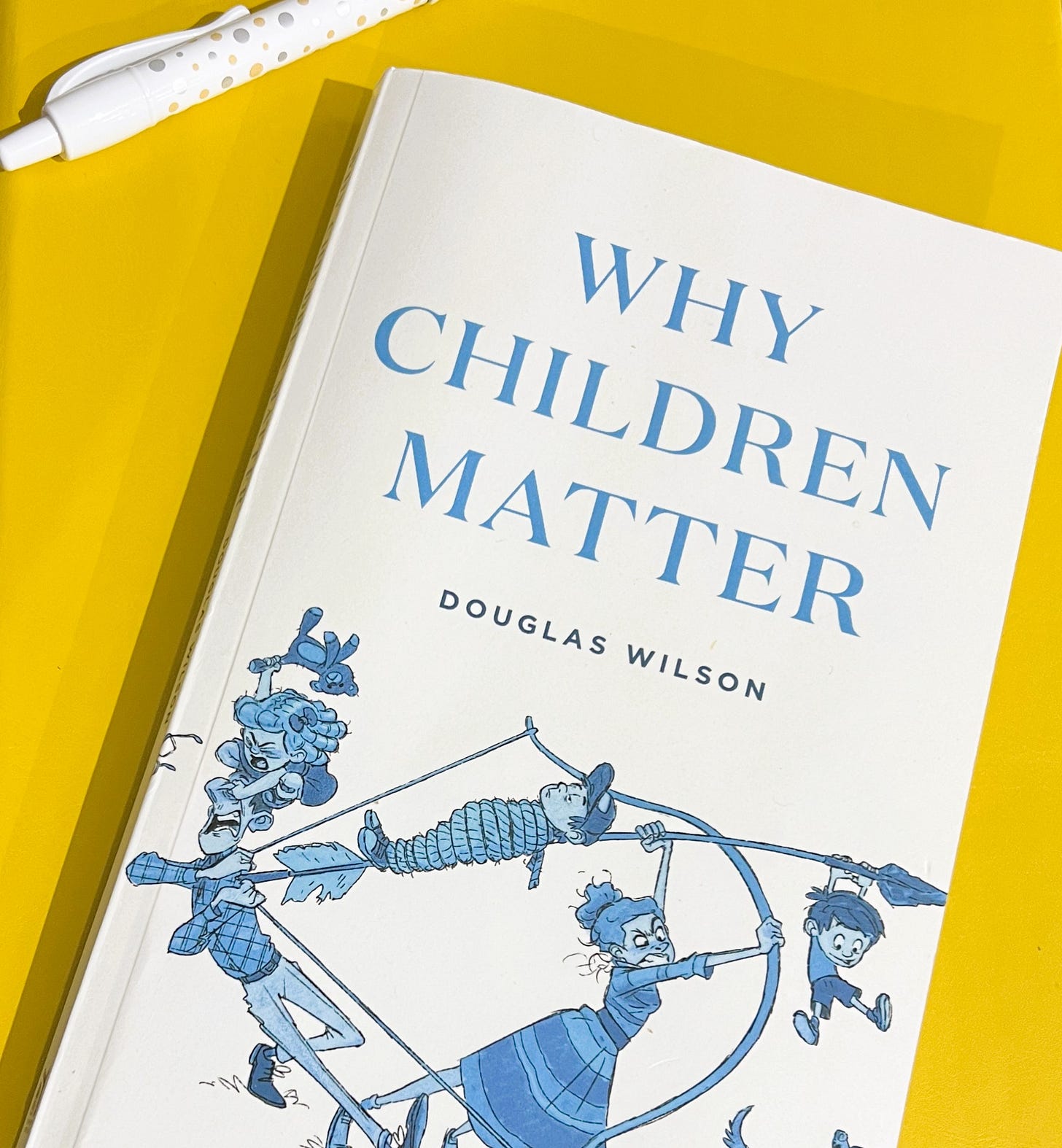This job is hard.
I am grateful I could join Providence School of Tifton the last six weeks of the school year this Spring. Those weeks were the beginning of my orientation as a new faculty member (also new to CCE). God dropped me mid-stream into class three rapids—learning about Christian paideia, classical pedagogy, liturgies, catechisms, recitations, Omnibuses, and on and on. That does not count going from 30 years of educating teenagers to working with students in junior kindergarten! These “rapids” are exhilarating.
Providence Head of School, Mrs. Harris, and I worked diligently those six weeks to map out the curriculum for school year 2024 for all classes (JK-10) taking into account that the older students had at most three years of classical, Christian education behind them while looking ahead to the future when our rising class three students, who began their education at Providence, would reach high school. My brain is struggling still to remember everything; I am a tad jealous of the mind of our school’s human database because she knows the JK - Class 8 curriculum inside and out. It will take time for me to get there. I am fortunate to have Mrs. Harris and that she is patient with me!
Part of my learning curve included a crash course in publishers for classical, Christian schools. Veritas Press and Logos Press are now pinned to my web browser. I spent many hours looking at upper school curriculum from numerous publishers before recommending how our students should proceed through the school of rhetoric as we add a grade each year. Another quality I like in our head of school is her frequent question, “Why,” which she asked often as we built our curriculum map. I am comfortable with a sizable list of texts, but I had to slow down and think through my recommendations because of her why. That was a good thing. Our choices were purposeful.
Why is it important that a rising freshman read A Tale of Two Cities? Because in the future, s/he will study more in-depth about the American and French Revolutions and contrast both, so having this text to reflect upon the French Revolution will be a plus. It is important that students understand these two wars, while called revolutions, were fought from totally different political and ideological reasons. They need to understand how different worldviews see these wars. Classical Christian education does not teach content in isolation. What is taught is integrated as much as possible. For instance, humanities courses contain content from literature, history, and the Bible. When students read a piece of literature, it is for a purpose and continues to apply as they continue to grow and learn. They also learn about the text from a biblical worldview while understanding perceptions of other worldviews as well.
Before I wrap up this post, I want to share with you one of the books I am currently reading: Why Children Matter by Douglas Wilson. Wilson’s book is a book for parents, grandparents, or even those who work with children who may not have any of their own. I wish I had it when I was a new parent. My daughters may think differently, but I always struggled with disciplining them—was I too harsh? too lenient? or even, was I wrong? I am past my child-rearing years now and look at this text through a different lens, but I cannot help but think that if I knew and understood the purpose of godly discipline and its goal the way Wilson explains it when I was a new parent, I would not have second-guessed myself so much. Which is why I bought three copies—one for me and one for each of my adult daughters.





